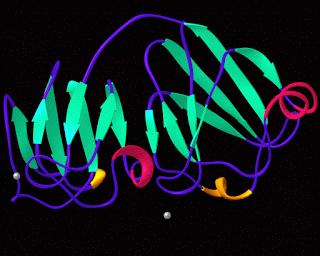The task of taking the new born baby to the pediatricians start
right at the time of the birth as the infant needs to be immunized immediately
after the birth to cope with the environs. The parents of the new born baby get
the recommended set of vaccinations to be administered at various intervals from
the day one till the child complete 18 years. Apprehensions and doubts
regarding the role of boosters or the repetition of a particular vaccine among
the parents need to be addressed and this is particularly so regarding
Hepatitis-B vaccines.
A recombinant vaccine Hepatitis B was discovered based
on major S protein, which was purified from yeast. As per the WHO
recommendation all the infants should receive the HB vaccine soon after the
birth, preferably within 24hrs. Universal vaccination is continuously increased
to 183 countries till 2013. This could reduce the prevalence of HBs to < 1%
in the United States from 9.8% in the year 1984 to 0.7% in 1999. Recent studies
have revealed that the response to the vaccination is sometimes decreased in adult
over 40 years of age and some individuals do not retain anti-HBs antibodies
after complete vaccination.
G145R mutation in the “α
determinant” of HBV makes it resistant to the neutralizing effect of anti-HBs,
and threaten the effectiveness of HB vaccines, further it is inevitablefor the
booster doses.
Vaccination is an easy and cost-effective measure to
prevent disease and infection. As per WHO report (2009) 378 million people are
chronically affected by HBV and over a 2 billion people worldwide have been
exposed. Yet, it is not clear how long the protective effect persist soon after
birth vaccination. According to the United States Centers for Disease Control
and Prevention guidelines, a booster is not necessary because memorized
immunity will be activated following HBV exposure.Studies from various
countries say that most of memorized immunity disappeared after 20 years post
vaccination and booster vaccination is necessary to maintain anti-HBs
seropositive.
The term “booster” refers to a vaccination given in a
series of doses in order to provide rapid protective immunity against major
infections.Boosters may be used to enhance immune memory and provide support of
protective immunity against HBV infection.
The question that remains to be unanswered for long time
is how long immune memory will last. Yoshihiko Yano from the Center for
Infectious Diseases, Kobe University Graduate School of Medicine, Japan was of
the view that regular and long-term follow-up studies are needed to confirm the
duration and persistence of immune memory. So far, there is no randomized trial
and it is still difficult to conclude this issue. Hence there is a need of
coherent study. This opinion was published in the Journal of Hepatitis.

